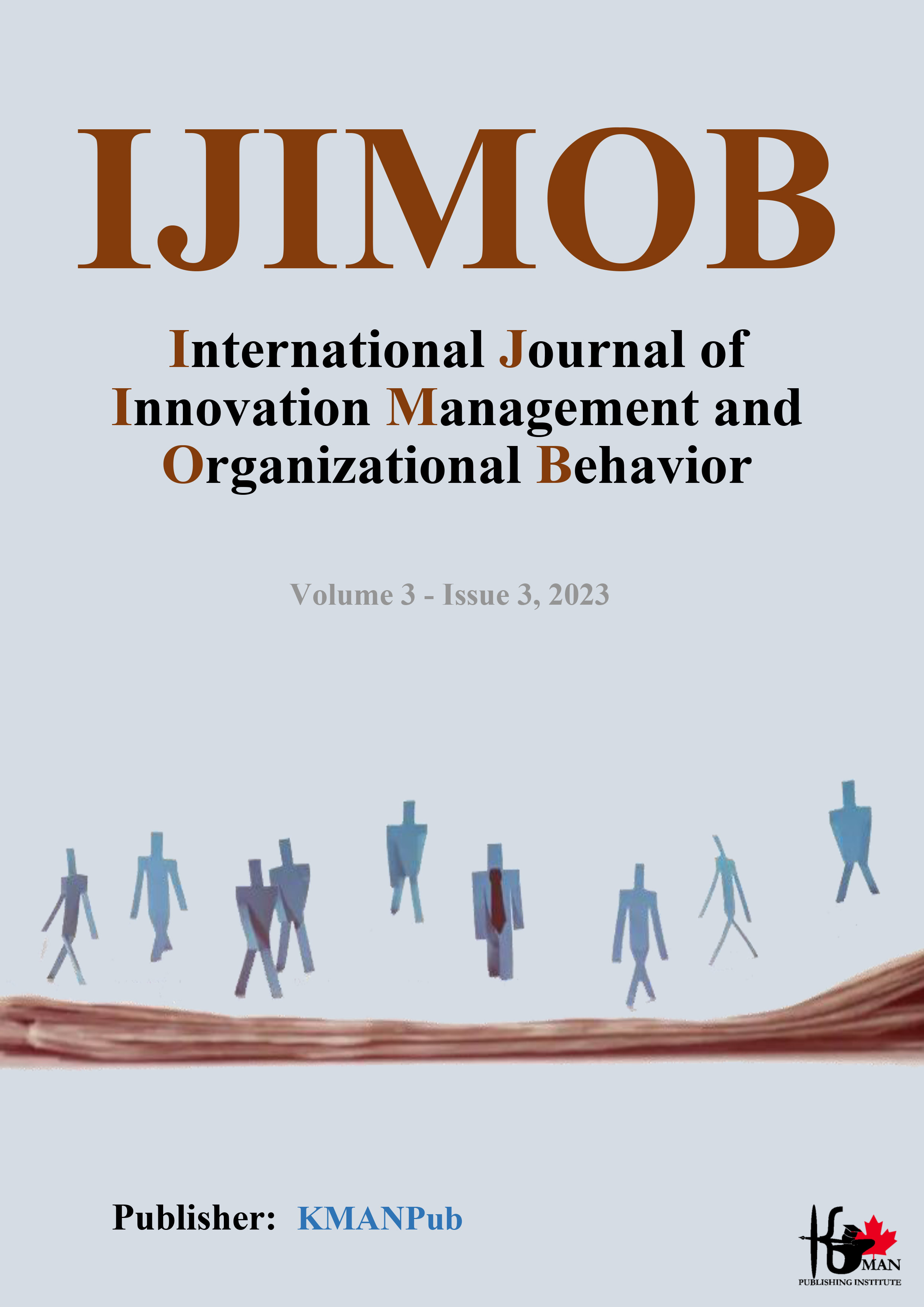Identification of Administrative Health Indicators and Anti-Corruption Measures
Keywords:
Corruption, Administrative Health, Delphi Technique, Healthcare Sector, Transparency, Accountability, Ethical Practices, Ministry of Economic Affairs and FinanceAbstract
Objective: This study aims to identify and validate key indicators for monitoring administrative health and combating corruption within the Ministry of Economic Affairs and Finance.
Methodology: The study employed the Delphi technique to achieve consensus among experts. Initially, 52 indicators were identified through literature review and past studies. These indicators were refined through two rounds of Delphi consultations involving 15 experts in the field, leading to the identification of 15 administrative health indicators and 8 anti-corruption indicators. The indicators were evaluated and validated based on their relevance and importance.
Findings: The study validated 15 key indicators for administrative health, including workplace social support, sufficient salary and wages, job security, consultative decision-making, accountability, and training. For anti-corruption, 8 critical indicators were identified, such as general learning for employees, improving the business environment, free access to information, policy alignment, developing innovation in government, reforming organizational structures, improving human resources, and meritocracy based on ethics. The high mean scores and consensus among experts highlighted the significance of these indicators.
Conclusion: The validated indicators provide a comprehensive framework for monitoring and improving administrative health and combating corruption in the healthcare sector. Implementing these indicators can enhance transparency, accountability, and ethical behavior, leading to improved service quality and public trust. Future research should expand the scope to include diverse regions and contexts, and policymakers should prioritize these indicators in practice.
Downloads
Downloads
Additional Files
Published
Issue
Section
License
Copyright (c) 2023 Zeinolabedin Hosseinnejad Moziraji (Author); Sanjar Salajeghe (Corresponding Author); Zahra Anjamshoaa, Mohammad Jalalkamali, Navid Fatehi-Rad (Author)

This work is licensed under a Creative Commons Attribution-NonCommercial 4.0 International License.
















